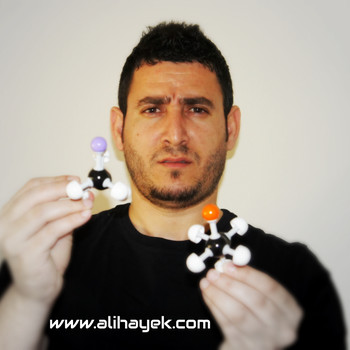How do you calculate Keq?
1 Answer
See below.
Explanation:
The equilibrium constant of a reaction under the general form:
can be calculated by the general expression of
Therefore,
If the reactants and products are gases, we can also calculate the equilibrium constant using pressures, in this case the equilibrium constant is called
Note that, if any of the reactants or products are in the liquid or solid states, these are not included in the expression of the equilibrium constant.
For example, consider the following general reaction:
Thus, the equilibrium constant
or using pressures as:
Note that aqueous state is treated as gases, however, we don't calculate
This lesson could be even discussed with more details. I recommend that you watch the following video which is one of an entire chapter of five videos on chemical equilibrium:
Chemical Equilibrium | The Equilibrium Conditions.

